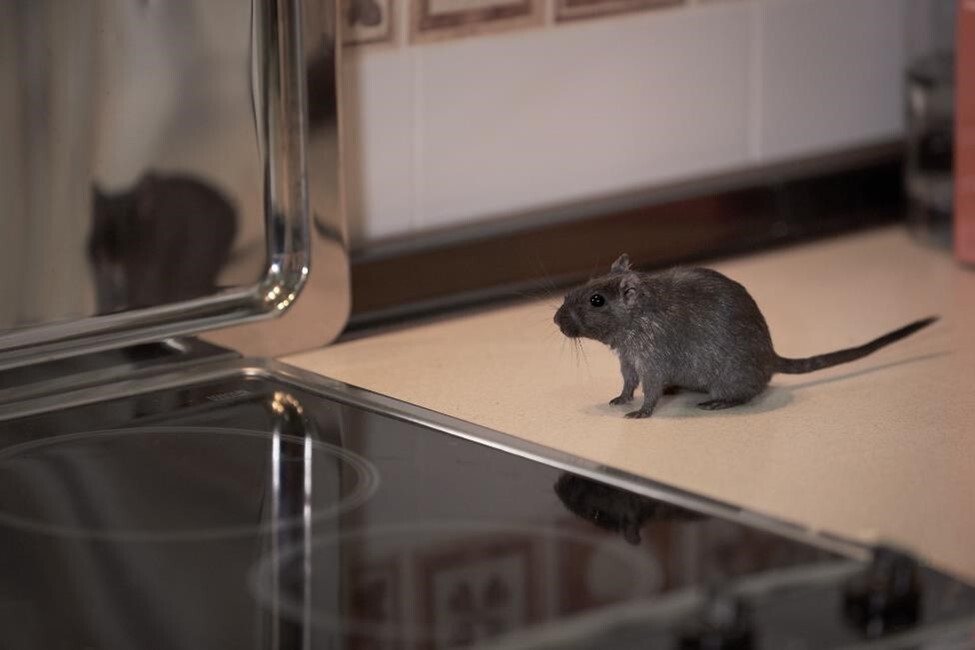In a world increasingly leaning towards eco-consciousness, finding ways to protect our homes from pests without resorting to harmful chemicals is essential. Fortunately, with natural pest repellent strategies, you can safeguard your home while keeping the environment in mind. From essential oils to plants, numerous options can help you create a sanctuary free from unwanted critters.

Why Choose Natural Pest Repellent?
Conventional pest control methods often involve harsh chemicals that can harm not only pests but also the environment and potentially your familys health. Natural pest repellent offers a safer alternative, minimizing risks associated with toxic substances. These eco-friendly options not only protect your living space but also maintain the balance of your local ecosystem.
Essential Oils: Potent Protectors
Essential oils have taken the spotlight as effective natural pest repellents. Oils like peppermint, lavender, and eucalyptus are not only pleasant to humans but repugnant to various pests. For example, a spray made with a few drops of peppermint oil mixed with water can repel ants and spiders.
For more information on using essential oils, you can check out insect repellent for the home to explore other natural solutions for pest control.
Plant-Based Pest Prevention
Adding certain plants to your home can be a beautiful and effective strategy for repelling pests naturally. Plants like marigolds, lavender, and basil not only improve your garden's aesthetic but also deter mosquitoes, flies, and other nuisances.
To learn more about pest-proofing your house with plants, visit pest-proof your house.
Everyday Household Items: Unlikely Allies
Sometimes, items already available at home can double as natural pest repellents. Vinegar and baking soda, for instance, can repel ants and clean surfaces simultaneously. These methods are cost-effective and reduce reliance on chemical-based products.
Preventative Measures for a Pest-Free Environment
Implementing preventive measures is crucial to maintaining a pest-free home. Sealing gaps, maintaining cleanliness, and proper waste management are straightforward yet effective strategies.
For detailed guidance on maintaining a pest-free environment, visit preventative pest control.

FAQs
Q: What is the most effective natural pest repellent?
A: While it varies by pest, essential oils like peppermint, citronella, and tea tree are popular choices for their effectiveness and pleasant scents.
Q: How do I make a homemade pest repellent spray?
A: Mix a few drops of essential oil with water in a spray bottle. Use it on windowsills, doorways, and areas frequented by pests.
Q: Are natural pest repellents safe for pets?
A: Most are safe, but always check the safety of specific oils around pets. Cat owners should be cautious, as some essential oils can be harmful to felines. For additional pest control strategies, you can access a comprehensive guide on pest control dos and don'ts.
This article contains affiliate links. We may earn a commission at no extra cost to you.
